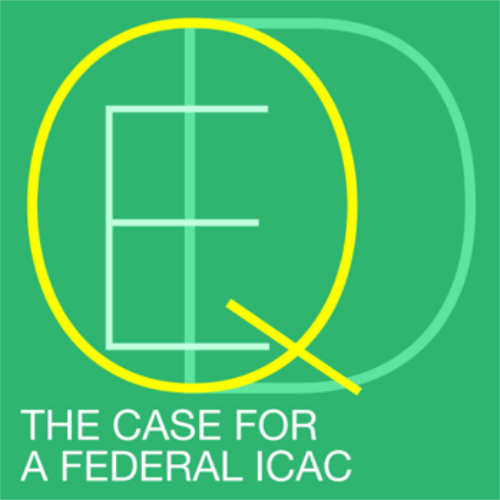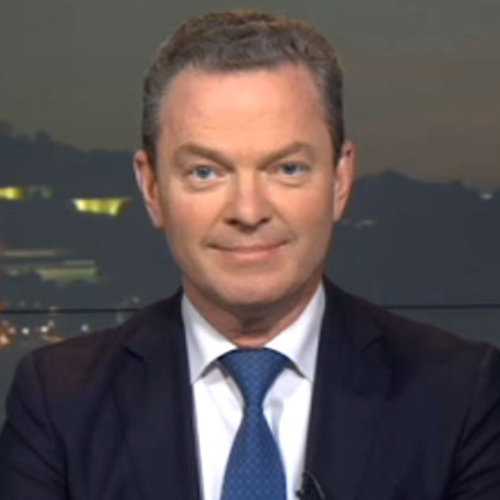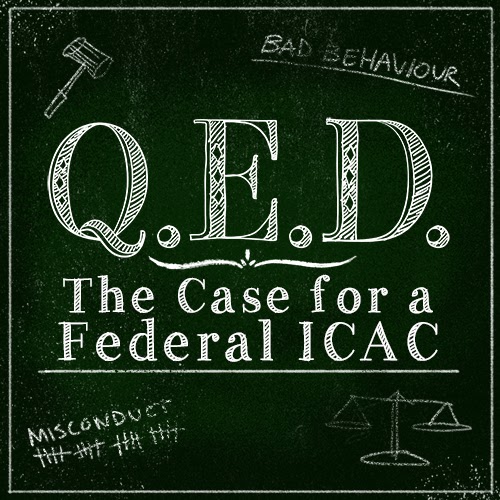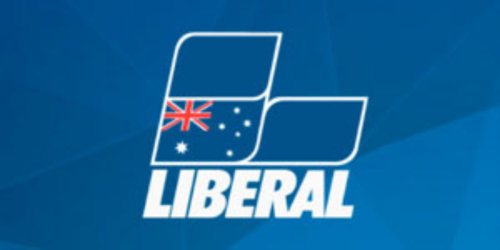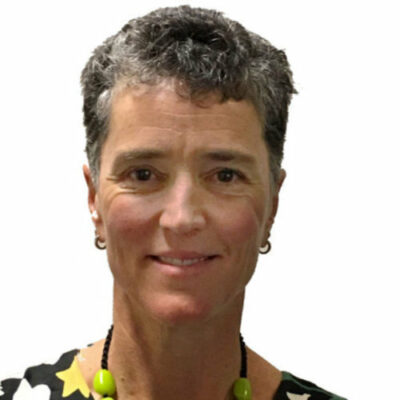Christopher Pyne took up EY job 9 days after leaving parliament
Pyne’s firm also accepted the consulting job just nine days after leaving politics. Australia is vastly expanding its defence expenditure, including a $50 billion submarine project, whose end value is estimated at $225 billion, and a $35 billion frigate project, and Pyne’s role was designed to capture a larger share of that defence spend.
The Ministerial Standards state that ministers must not “lobby, advocate or have business meetings with members of the government, parliament, public service or defence force” for 18 months after leaving parliament on matters they dealt with in their final 18 months as ministers. Pyne argued that providing occasional high-level strategic advice in his new role at EY does not equate to lobbying or involve the use of information he had acquired in his portfolio.
As , senior lecturer in the Faculty of Law at Monash University, argues regardless of the statements of assurances, it can be argued that this position does not pass the “pub test”.
Pay Day: Christopher Pyne’s Defence bonanza a fee fillip for EY
A 30-year veteran of the mainstream media, Liz was the editor of MWMuntil June 2021. Liz began her career in journalism in 1990 and worked at The Age newspaper for two 10-year stints. She also worked at The Guardian newspaper in London for more than seven years. A former professional tennis player who represented Australia in the 1984 Los Angeles Olympics, Liz has a Bachelor of Arts and a Bachelor of Letters (Hons).
